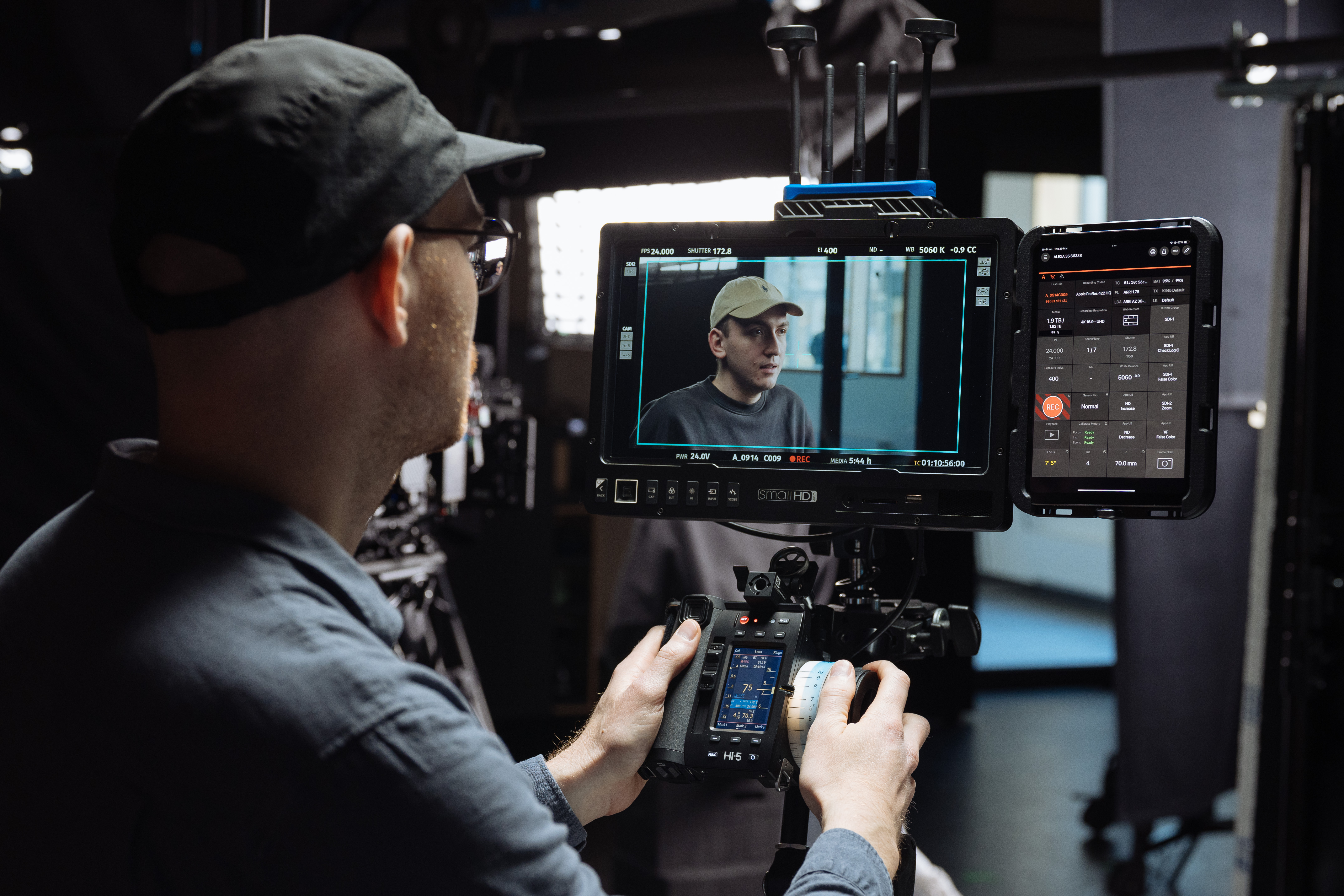Media Makes Us Stupid
CYBERSPACE: Crowds can make accurate assessments until individuals start talking to one another. Researchers at the University of Florida in Gainesville found that the more people within a crowd shared their opinions, the more skewed the result of their thinking.
“We demonstrate by experimental evidence that even mild social influence can undermine the wisdom of crowd effect in simple estimation tasks,” wrote Burton H. Singer, Heiko Rauhut, Frank Schweitzer and Dirk Helbing’s abstract, published in Proceedings of the National Academy of Sciences.
Test subjects were given a list of factual questions to answer. They were then asked to reconsider their answers. There were five rounds of reconsideration. Some received information about the others’ answers between rounds. A control group did not.
“Although groups are initially ‘wise,’ knowledge about estimates of others narrows the diversity of opinions to such an extent that it undermines the wisdom of crowd effect in three different ways,” the abstract said.
A “social-influence effect” reduces the diversity of the crowd’s response without improving collective error. A resulting “range-reduction effect” moves the “position of the truth to peripheral regions of the range of estimates so that the crowd becomes less reliable in providing expertise for external observers.” A correlative “confidence effect” makes people more certain of their opinions “despite lack of improved accuracy.”
“Examples of the revealed mechanism range from misled elites to the recent global financial crisis,” the researchers conclude.
Also see “Sharing Information Corrupts the Wisdom of Crowds,” at Wired Science.
Get the TV Tech Newsletter
The professional video industry's #1 source for news, trends and product and tech information. Sign up below.
